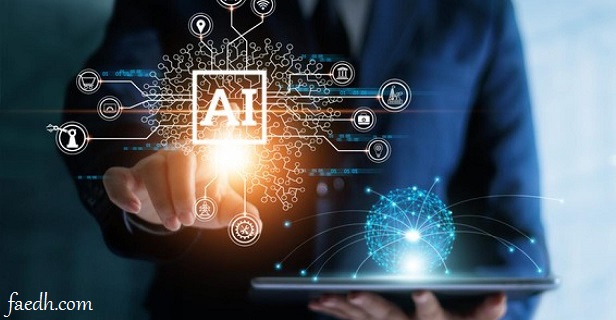
Artificial Intelligence (AI) has evolved from a concept of science fiction to a powerful force driving innovation across various industries. Over the decades, advancements in technology, coupled with groundbreaking research, have propelled AI from theoretical speculation to practical implementation. This journey of development has been marked by significant milestones, each contributing to the transformation of AI into a ubiquitous presence in our daily lives.
Early Beginnings:
The roots of AI can be traced back to the mid-20th century when pioneers like Alan Turing and John McCarthy laid the theoretical foundations. Turing's seminal paper "Computing Machinery and Intelligence" introduced the concept of a test to determine a machine's ability to exhibit intelligent behavior, known as the Turing Test. McCarthy coined the term "artificial intelligence" in 1955, sparking interest and curiosity about the potential of machines to simulate human intelligence.
The AI Winter:
Despite initial enthusiasm, progress in AI faced challenges during the 1970s and 1980s, leading to what became known as the "AI Winter." Limited computing power, insufficient data, and unrealistic expectations contributed to a slowdown in research and funding. However, this period also spurred reflection and refinement, laying the groundwork for future breakthroughs.
Renaissance of AI:
The turn of the 21st century witnessed a resurgence of interest in AI, fueled by advances in computing, algorithmic innovation, and the proliferation of data. Machine learning, particularly deep learning, emerged as a dominant paradigm, enabling computers to learn from vast datasets and perform tasks once thought to be exclusive to human intelligence. Applications such as image recognition, natural language processing, and autonomous vehicles showcased the transformative potential of AI.
Ethical Considerations:
As AI capabilities expanded, so did concerns surrounding ethics, bias, and accountability. The deployment of AI systems raised questions about fairness, privacy, and the societal implications of automation. Ethical frameworks and guidelines became essential tools for ensuring that AI technologies are developed and deployed responsibly, with a focus on transparency, accountability, and inclusivity.
AI in Healthcare:
In the field of healthcare, AI has revolutionized diagnosis, treatment, and patient care. Machine learning algorithms analyze medical images, predict disease progression, and personalize treatment plans, enhancing both efficiency and accuracy. AI-powered telemedicine platforms enable remote consultations and monitoring, expanding access to healthcare services globally.
Challenges and Opportunities:
Despite its transformative potential, AI faces significant challenges, including algorithmic bias, data privacy concerns, and the impact on employment. Addressing these challenges requires collaboration between researchers, policymakers, and industry stakeholders to develop robust regulatory frameworks and ethical guidelines. However, the opportunities presented by AI, from enhancing productivity to tackling pressing societal issues, are immense, promising a future shaped by human-machine collaboration.
Looking Ahead:
The development of AI continues to accelerate, driven by advances in hardware, algorithms, and interdisciplinary collaboration. Emerging technologies such as reinforcement learning, quantum computing, and neurosymbolic AI hold the promise of further expanding the capabilities of intelligent systems. As AI becomes increasingly integrated into our lives, it is essential to approach its development with foresight, ensuring that it serves humanity's best interests while mitigating potential risks.
In conclusion, the evolution of artificial intelligence represents a journey of innovation, collaboration, and discovery. From its humble beginnings to its current ubiquity, AI has transformed from a distant dream to a tangible reality, shaping the way we live, work, and interact with the world around us. As we navigate the complexities of AI development, it is crucial to remain vigilant, mindful of both its immense potential and its ethical implications, to ensure a future where AI benefits all of humanity.
Add new comment